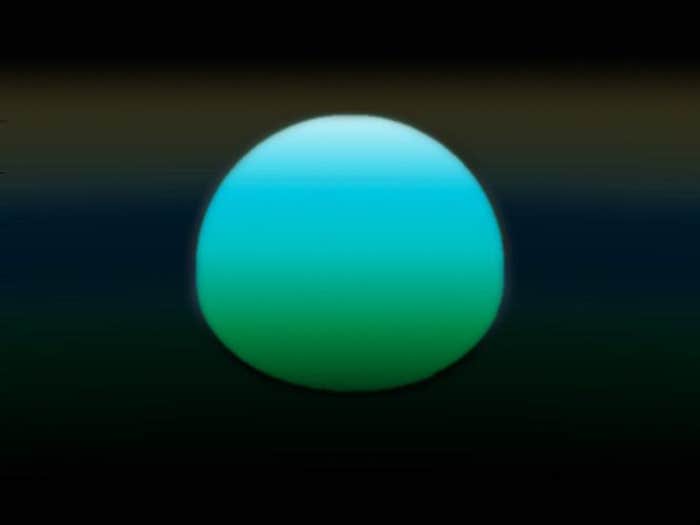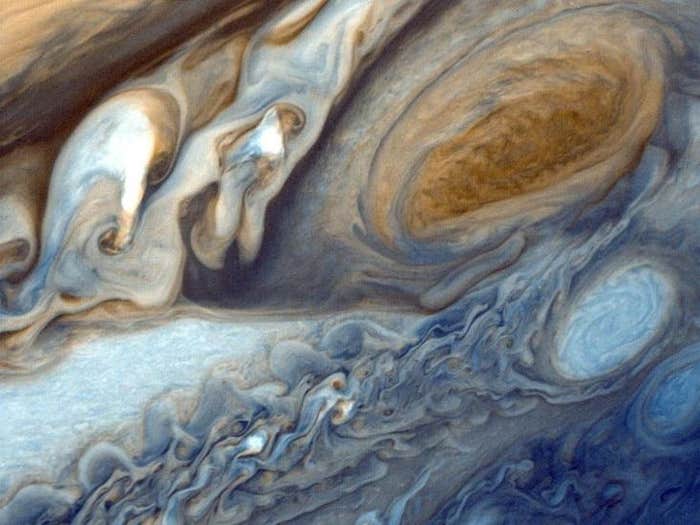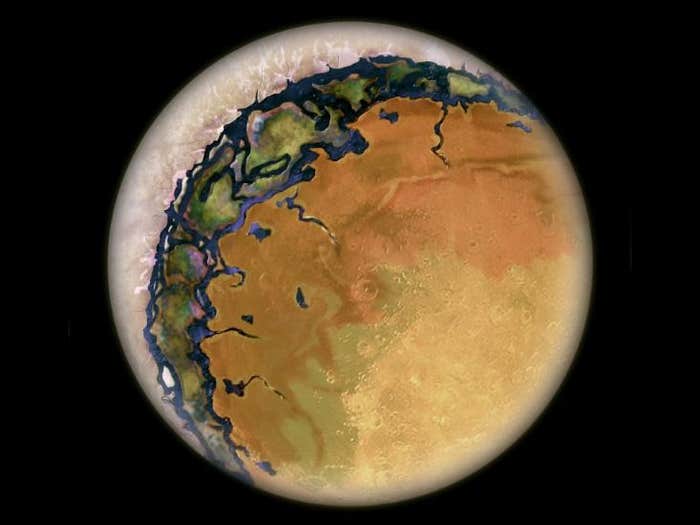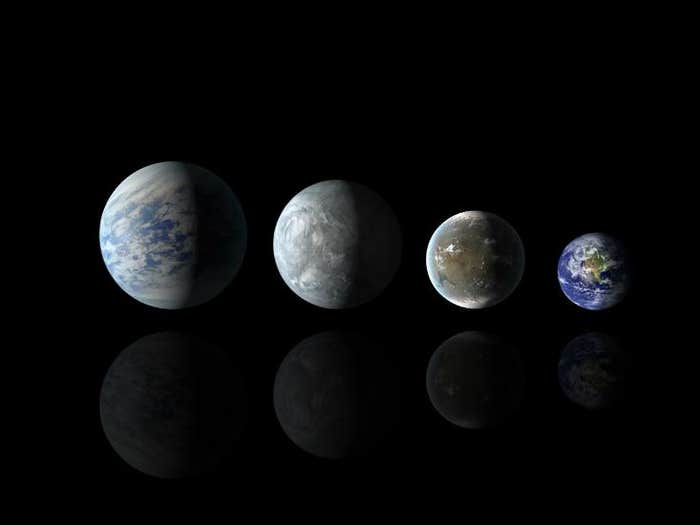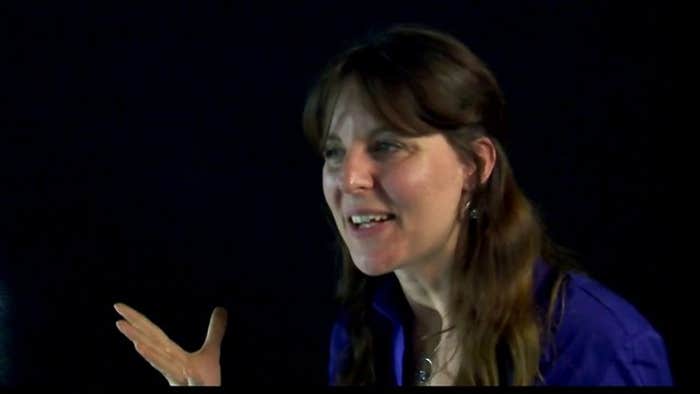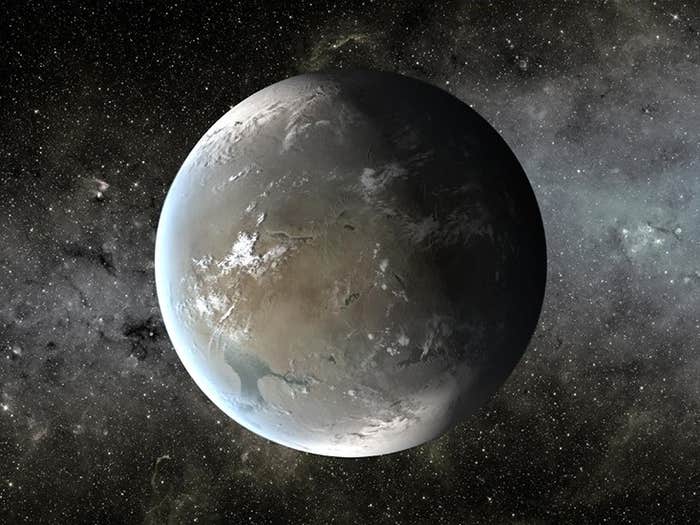Exoplanets
14 articles-
What Do Romantic Aliens See at the End of Their Alien Days?
When it comes to exoplanets, reality is catching up with science fiction. Take Kepler-16b, a Saturn-size planet roughly 200 light-years from Earth that circles not just one star but a pair of stars. Nicknamed Tatooine, after the fictional home planet of Luke and Anakin Skywalker, this world must see sunsets that are twice as breathtaking. […] -
Give Thanks to Jupiter, our Little Planet’s Big Protector
Jupiter is famous for its Great Red Spot, but the stormy planet may also be responsible for keeping the inner solar system calm.NASA/JPL Nautilus Members enjoy an ad-free experience. Log in or Join now . You are special, just like your parents used to tell you. You are a rare flower, a unique snowflake. Just […] -
Forget “Earth-Like” Worlds
Why we’ll first find aliens on eyeball planets. -
What Earth Tells Us About Life, Intelligence & the Universe
Nautilus Members enjoy an ad-free experience. Log in or Join now . Astrobiology, the study of life on other worlds, is one of the coolest sciences ever. From extremophile bacteria living miles underground and feeding off radioactivity to exoplanetary systems with bizarre head-spinning architectures, astrobiology includes some of the most amazing parts of the natural […] -
Where Could You Find the Best Surfing in the Universe?
As recently as the late 80s, finding a planet orbiting another star seemed like the stuff of sci-fi fantasy, about as realistic as a diminutive alien riding a flying bicycle, or a sports car that worked as a time machine. Thanks to many smart astronomers using a new generation of powerful telescopes, we now know […]
-
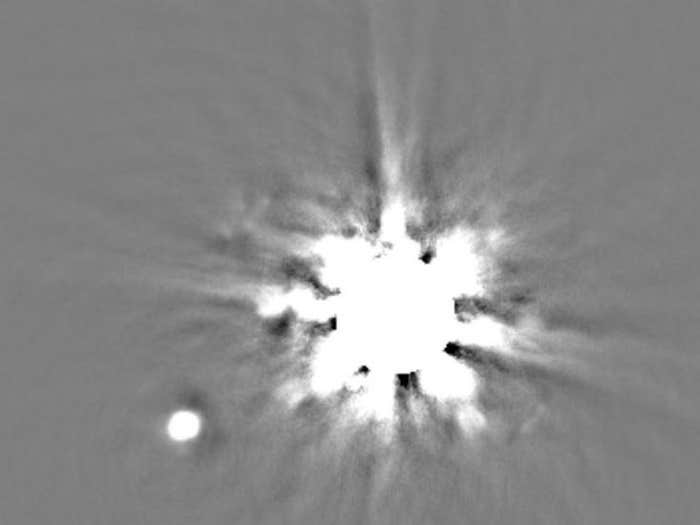
When a Planet Is Not Really a Planet at All
As astronomers point their telescopes up at the sky to learn about the cosmos, they tend to push those devices’ abilities to their limits. The edge of what we can measure is, of course, where all the interesting things are happening. The downside of this ambition is that the conclusions drawn from the newest data […]
-
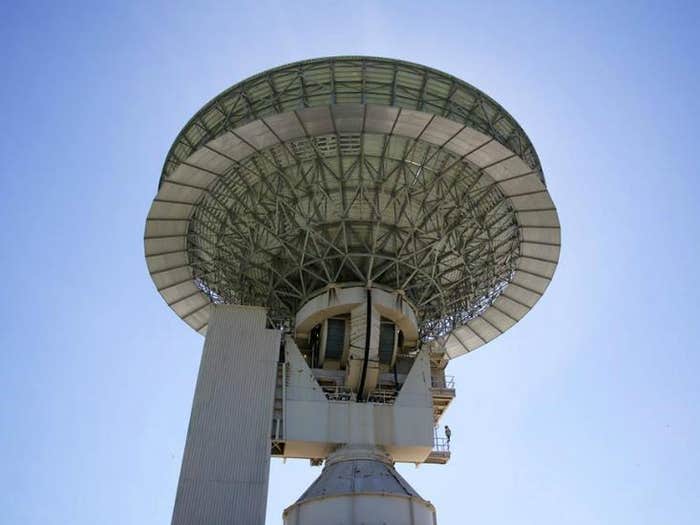
The Best Way Yet to Talk to Aliens (If They’re Out There)
“None knows whence creation arose; And whether he has or has not made it; He who surveys it from the lofty skies. Only he knows—or perhaps not.” Nautilus Members enjoy an ad-free experience. Log in or Join now . This is an edited snippet from a 3,500-year-old Vedic creation myth. I sent each of its […]
-
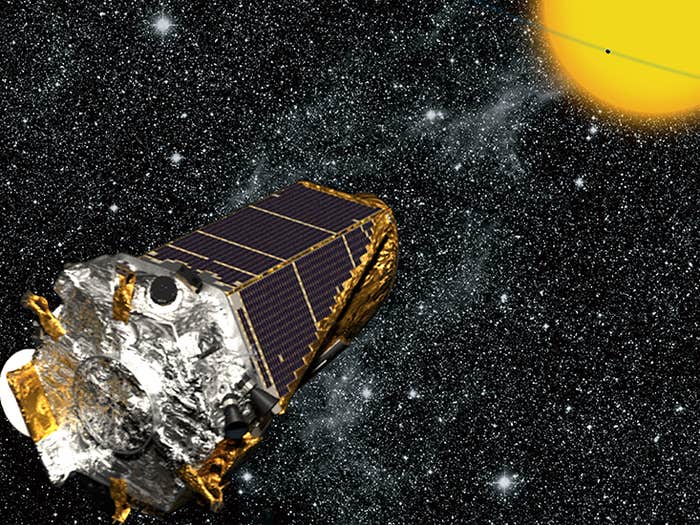
Clever Apes, a Busted Telescope & the Adjacent Possible
The Kepler spacecraft had a pretty good run. Launched in 2009, it soon settled into its intended orbit around the Sun, trained its image sensors up at a patch of sky about as big as your fist held at arm’s length, and began watching, which it’s been doing ever since. Kepler’s job is to find […]
-
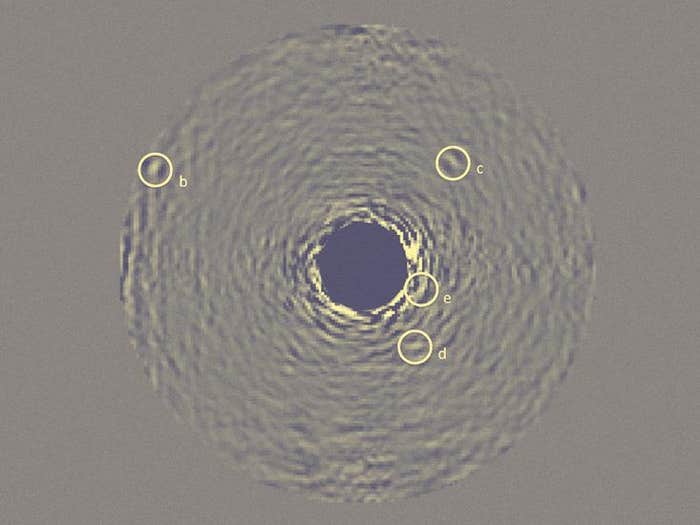
How We Could Find Alien Life Soon—and Why We Probably Won’t
Despite their great distance from Earthbound politics, exoplanets were the topic of a joint hearing on May 9th of the House space and research subcommittees. The recent discovery of a trio of temperate super-Earths was the hearing’s impetus, but most of the discussion was devoted to future prospects—chiefly, how and when scientists might learn whether […]
-
Open Your Mind to What an “Earth-Like” Planet Could Be
You are standing on a sandy plain lit only by the harsh, cold light of a blue-white spark flashing overhead in steady metronomic bursts. The pinprick of light almost seems like a distant star, but each flash raises a disturbing tingling sensation within you, suggesting the stroboscopic light source is somehow nearby, and must be […] -
Carbon Fated: We’re Built This Way for a Reason
In each issue of Nautilus, we shine a spotlight on one “Ingenious” scientist whose work makes us reconsider our world and ourselves. The Ingenious for our first issue, “What Makes You So Special,” is Columbia University astrophysicist Caleb Scharf, who contributed an essay about our place in the universe and talked about his life and […] -
The Fun-House Mirror Earths
It’s been just over two decades since astronomers announced the first discoveries of exoplanets—planets orbiting stars other than the sun—and their progress in the intervening years has been so routinely remarkable its recitation now seems mundane: There are now thousands of cataloged exoplanets, and hundreds of billions more probably await discovery in the Milky Way […]















